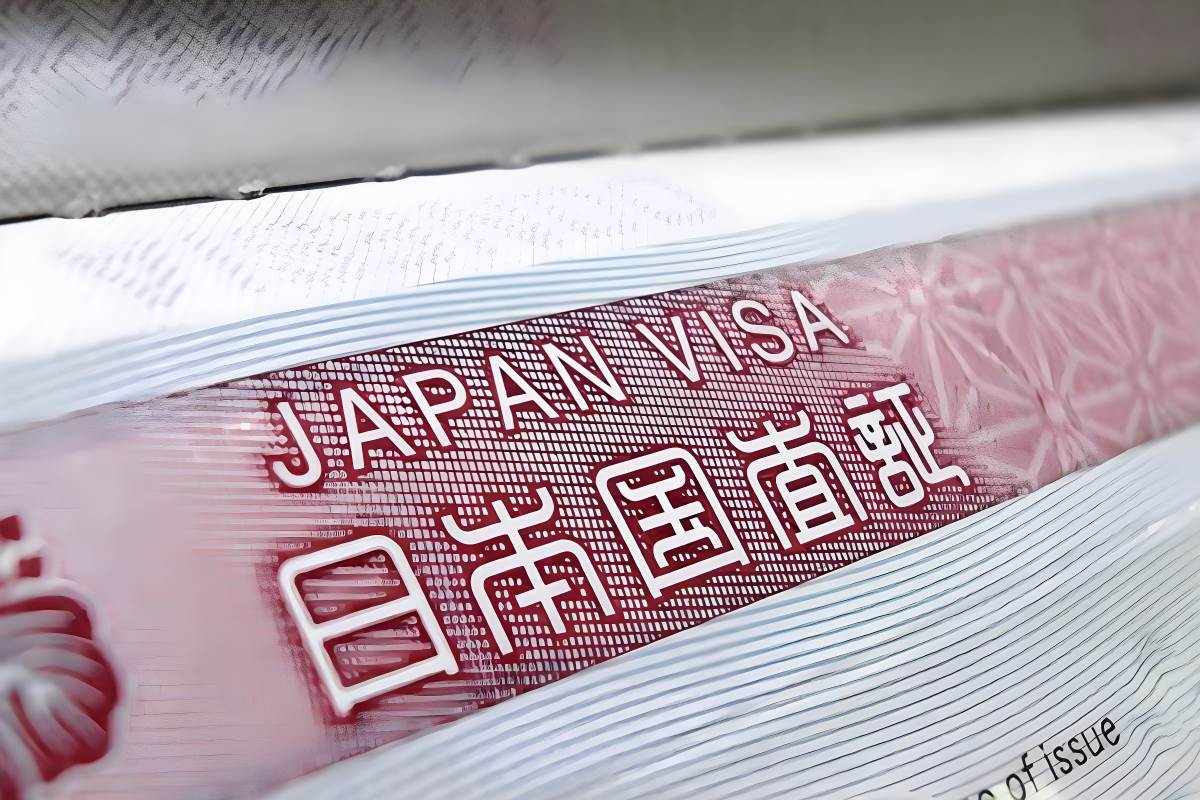In a bid to combat Japan’s pressing labour shortage, the Japanese government announced a significant expansion of its foreign skilled worker visa program on Friday. This move aims to allow more individuals access to extended stays of up to five years while bolstering key industries crucial to the nation’s economy.
Expansion of Eligible Industries
The recent Cabinet decision marks the addition of four new industries to the Specified Skilled Worker No. 1 visa, bringing the total count to 16. The newly incorporated sectors include;
- Road
- Railway Transportation
- Forestry
- Timber Industries
This expansion represents the first since the program’s inception in 2019.
Addressing Labour Shortages
Japan’s demand for foreign labour has surged due to factors such as a declining birth rate and pronounced shortages in the transportation and logistics sectors.
These shortages are expected to worsen with the impending enforcement of new limits on overtime hours for drivers, commonly referred to as the “2024 problem.”
Increased Visa Targets
The Japanese government aims to welcome up to 820,000 skilled foreign workers under its visa program in the next five fiscal years, starting from April. This figure represents more than double the initial estimation for the preceding five years through fiscal 2023.
Streamlining Admission Process
Following public consultations, the government plans to revise relevant regulations, including those by the Justice Ministry, to facilitate the swift acceptance of skilled foreign workers in the newly added sectors.
Industry-specific Requirements
In the road transportation sector, skilled foreigners will be eligible for roles such as drivers of buses, taxis, and trucks, provided their employing companies are certified by the Ministry of Land, Infrastructure, Transport, and Tourism.
Proficiency in Japanese, up to the N3 level of the Japanese Language Proficiency Test, is required for roles involving direct passenger communication.
Within the railway sector, skilled workers can engage in various roles encompassing the manufacturing of train cars, maintenance of tracks, as well as serving as drivers, conductors, and station staff.
Also Read: Japan Eases Visa Rules for Indian Students: Streamlined Process Unveiled
Visa Categories and Benefits
Foreigners under the No. 1 visa category must demonstrate professional competence and Japanese language proficiency, enabling immediate employment.
The No. 2 visa allows for unlimited renewals, paving the way for permanent residency, and permits workers to bring their families to Japan.
Recent Reforms
This expansion aligns with the government’s efforts to overhaul the foreign trainee program, addressing concerns regarding worker rights and skill development. The revamped program enables trainees to transition to the Specified Skilled Worker No. 1 visa by acquiring the necessary skills within the same industry.
Conclusion
Japan’s proactive approach to expanding its skilled foreign worker visa program underscores its commitment to addressing labour shortages and fostering an inclusive society. With these strategic reforms, the nation aims to sustain its economic growth while embracing diversity and talent from across the globe.
Follow and connect with us on Facebook, Twitter, LinkedIn, Instagram and Google News for the latest travel news and updates!





